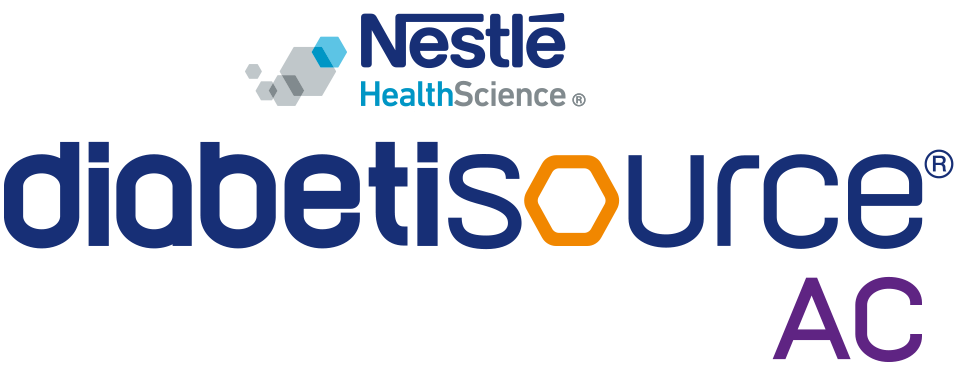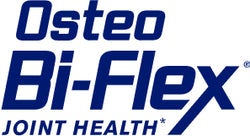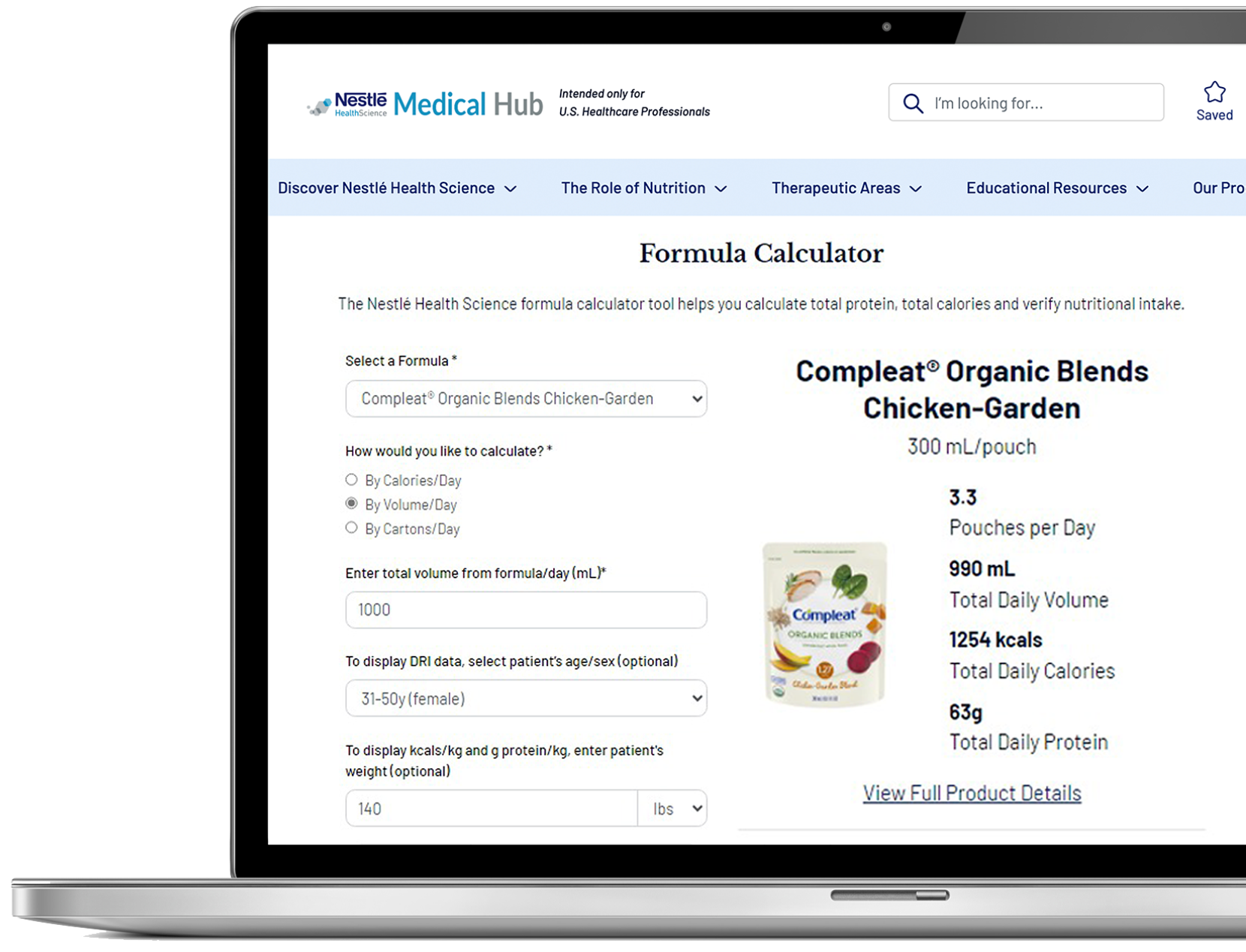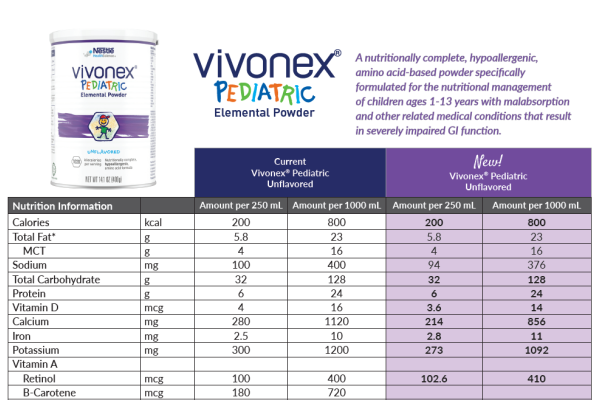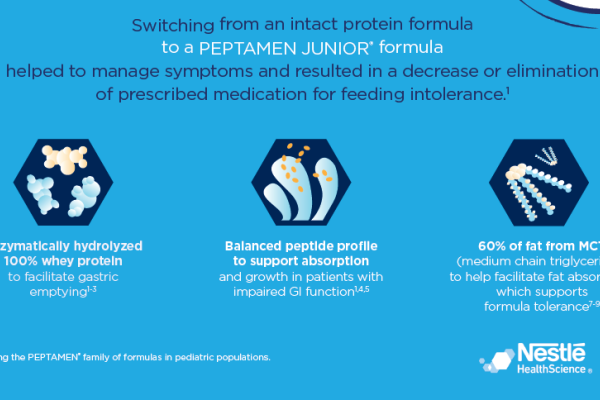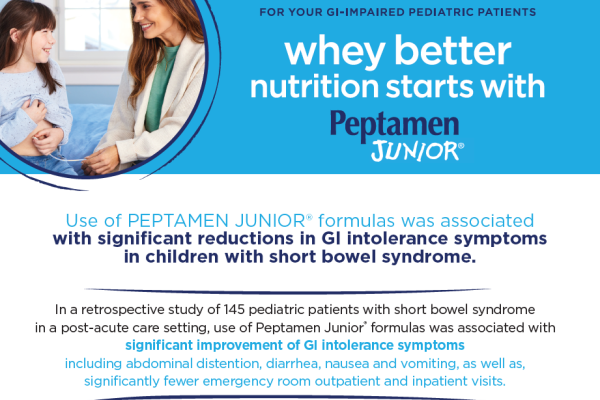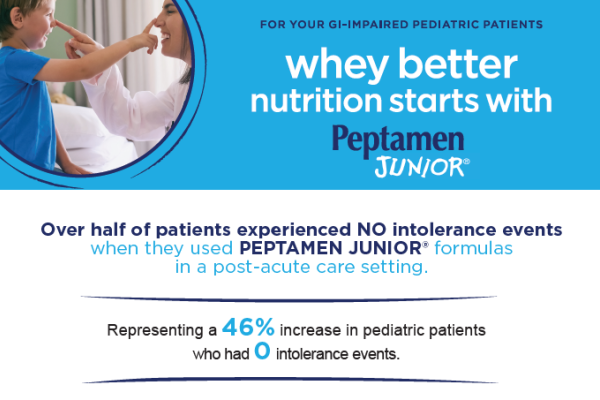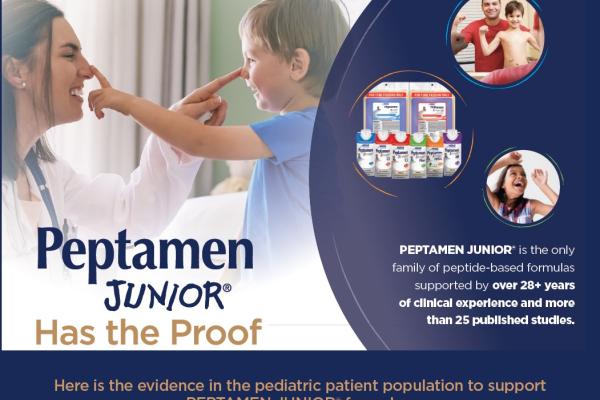Impaired GI Function
Pediatric Impaired GI Function
Pediatric gastrointestinal (GI) impairment refers to a range of disorders that can affect any part of the digestive tract, from the esophagus and stomach to the small intestine, colon and rectum.1 Gastrointestinal issues in children can arise from several conditions, including food allergies, genetic disorders and structural abnormalities of the digestive tract.
Within the first 6 months of life, 55% of infants suffer from digestive problems, such as regurgitation or colic.2,3 GI issues are relatively common in children, with chronic abdominal pain affecting at least 15% of all children.4 Severe conditions are rare and are frequently due to a specific GI disease or to another health condition.5-7
Children who suffer from GI impairment, especially those with prolonged or chronic conditions, may be at risk for nutritional deficiencies that can affect clinical outcomes and potentially lead to lifelong health implications.8 Although it can be concerning, in many cases, the symptoms associated with these disorders can be managed with appropriate nutritional therapy, which can play a key role in improving the overall condition and quality of life of the child.9,10
Impaired GI Function
Pediatric Impaired GI Function
Pediatric gastrointestinal (GI) impairment refers to a range of disorders that can affect any part of the digestive tract, from the esophagus and stomach to the small intestine, colon and rectum.1 Gastrointestinal issues in children can arise from several conditions, including food allergies, genetic disorders and structural abnormalities of the digestive tract.
Within the first 6 months of life, 55% of infants suffer from digestive problems, such as regurgitation or colic.2,3 GI issues are relatively common in children, with chronic abdominal pain affecting at least 15% of all children.4 Severe conditions are rare and are frequently due to a specific GI disease or to another health condition.5-7
Children who suffer from GI impairment, especially those with prolonged or chronic conditions, may be at risk for nutritional deficiencies that can affect clinical outcomes and potentially lead to lifelong health implications.8 Although it can be concerning, in many cases, the symptoms associated with these disorders can be managed with appropriate nutritional therapy, which can play a key role in improving the overall condition and quality of life of the child.9,10
Impaired GI Function
> Clinician Tools
- Kliegman RM. Digestive system disorders. In: Kliegman RM, St. Geme JW, Blum NJ, Shah SS, Tasker RC, Wilson KM, eds. Nelson Textbook of Pediatrics. 21st ed. Philadelphia, PA: Elsevier; 2020:chap 123.
- Van de Heijning BJM, et al. GI symptoms in infants are a potential target for fermented infant milk formulae: a review. Nutrients 2014; 6: 3942-67.
- Iacono G, et al. Gastrointestinal symptoms in infancy: a population-based prospective study. Dig Liver Dis 2005; 37: 432-8.
- Goday PS. Gastrointestinal disorders: Red flags and best treatments. Contemporary Pediatrics. July 2021: 16-19. https://www.contemporarypediatrics.com/view/gastrointestinal-disorders-red-flags-and-best-treatments.
- Romano C, et al. European Society for Paediatric Gastroenterology, Hepatology and Nutrition Guidelines for the evaluation and treatment of gastrointestinal and nutritional complications in children with neurological impairment. J Pediatr Gastroenterol Nutr 2017;65(2):242-64.
- Huysentruyt K, et al. Nutritional red flags in children with cerebral palsy. Clin Nutr 2019 Mar 8. pii: S0261-5614(19)30094-9.
- Miele E, et al. Nutrition in Pediatric Inflammatory Bowel Disease: A Position Paper on Behalf of the Porto Inflammatory Bowel Disease Group of the European Society of Pediatric Gastroenterology, Hepatology and Nutrition. J Pediatr Gastroenterol Nutr 2018;66(4):687-708.
- Nestle Health Science press release: Nutritional management of children with gastrointestinal Impairment – key to clinical outcome; Presentation at ESPHGAN meeting, May 29, 2013. https://www.nestlehealthscience.com/newsroom/press-releases/Espghan-2013
- Kay M., Tolia V. Common gastrointestinal problems in pediatric patients. American College of Gastroenterology. http://s3.gi.org/patients/gihealth/pdf/pediatric.pdf. Accessed 9/9/2023.
- Gastrointestinal Challenges in the Neurologically Impaired Child (nestlenutrition-institute.org). Accessed 9/9/2023.
- Hornbuckle WE, Simpson KW, Tennant BC. Gastrointestinal Function. Clinical Biochemistry of Domestic Animals. 2008:413–57. doi: 10.1016/B978-0-12-370491-7.00014-3. Epub 2008 Oct 22. PMCID: PMC7173558.
- Varni JW, Bendo CB, Nurko S, Shulman RJ, Self MM, Franciosi JP, Saps M, Pohl JF; Pediatric Quality of Life Inventory (PedsQL) Gastrointestinal Symptoms Module Testing Study Consortium. Health-related quality of life in pediatric patients with functional and organic gastrointestinal diseases. J Pediatr. 2015 Jan;166(1):85-90. doi: 10.1016/j.jpeds.2014.08.022. Epub 2014 Sep 17. PMID: 25241177.
- Gastrointestinal Diseases. Cleveland Clinic Health Library. https://my.clevelandclinic.org/health/articles/7040-gastrointestinal-diseases. Accessed 9/9/2023.
- Fikree A, Byrne P. Management of functional gastrointestinal disorders. Clin Med (Lond). 2021 Jan;21(1):44-52. doi: 10.7861/clinmed.2020-0980. PMID: 33479067; PMCID: PMC7850201.














